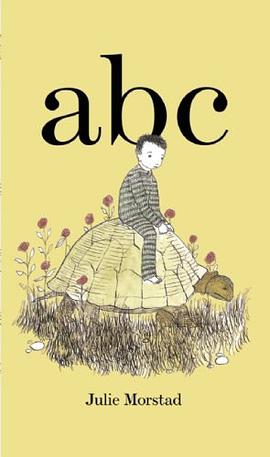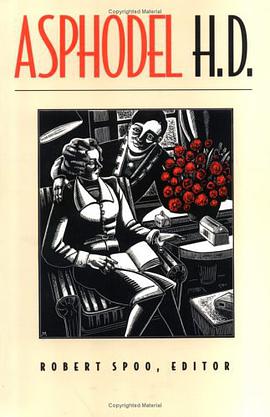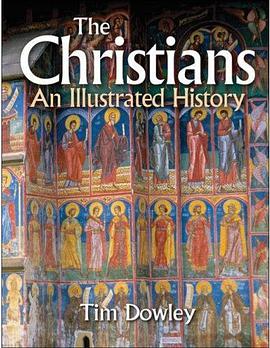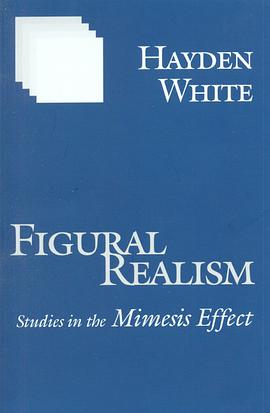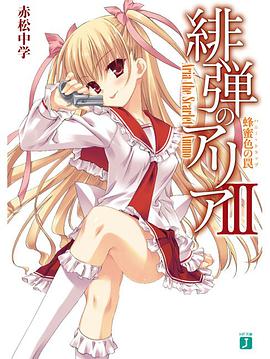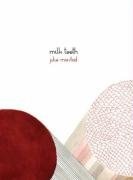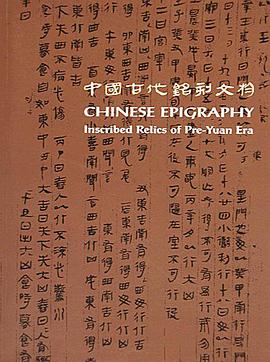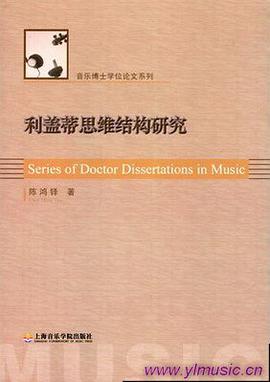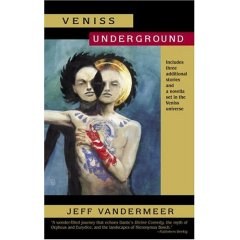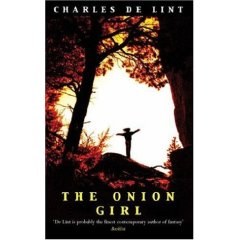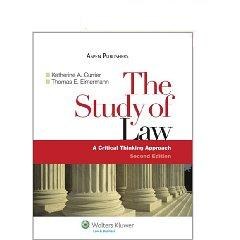

具体描述
The connections and interconnections of past and present––the realization that life is a whole continuously echoing back to the past and unfolding toward the future––were sources of the strength, renewal, and joy celebrated in H.D.’s Trilogy and, in a differing, but no less real way, in The Gift––her novelistic memoir of childhood. In recapturing her memories of being a very little girl in Bethlehem, Pennsylvania, and later on a country place outside Philadelphia, H.D. “let the story tell itself or the child tell it.” It is this voice or child’s-eye view that lends The Gift its special charm as H.D. recreates the ordinary and extraordinary occasions of her early youth, the nightmares and delights. A road-company presentation of Uncle Tom’s Cabin, Christmas Eve with its particular family ritual, a family outing, a disturbing accident––the happenings and incidents, perceptions and misconceptions with which a child’s life is crowded are the substance of this most winning book. As she did for the H.D. novel HERmione, H.D.’s daughter, Perdita Schaffner, provides a fine introduction.
作者简介
An innovative modernist writer, Hilda Doolittle (1886–1961) wrote under her initials in a career that stretched from 1909 to 1961. Although she is most well known for her poetry—lyric and epic—H.D. also wrote novels, memoirs, short stories, essays, reviews, a children’s book, and translations. An American woman who lived her adult life abroad, H.D. was engaged in the formalist experimentation that preoccupied much of her generation. A range of thematic concerns resonates through her writing: the role of the poet, the civilian representation of war, material and mythologized ancient cultures, the role of national and colonial identity, lesbian and queer sexuality, and religion and spirituality.
H.D. grew up in Pennsylvania, first in Bethlehem and then in Philadelphia when her father became the Director of the Flower Observatory at the University of Pennsylvania. The only girl with five brothers, H.D. struggled to find her way as an artist, surrounded as she was by astronomers and scientists. As she progressed through academically demanding institutions, H.D., tall and graceful, succeeded socially, excelling at basketball, student politics, and writing. As a teenager, she began making friends with other young writers who would also become the most important literary figures of their time like Ezra Pound and William Carlos Williams. At Bryn Mawr College, she met Marianne Moore, with whom she later reconnected while serving as the assistant editor of the little magazine the Egoist. In Moore, H.D. found her equal in writing ability, and the two women corresponded for the rest of their lives, offering each other writing advice, publishing outlets, and professional allies.
In 1911 H.D. traveled to Europe and decided to stay, despite her family’s protests. She married Richard Aldington in 1913, a marriage later ravaged by the exigencies of World War I. On July 17, 1918, H.D. invited Bryher (“Annie Winnifred Ellerman”) to tea, a meeting that led to the most significant relationship of H.D.’s life. Bryher used her substantial financial resources—she was the daughter of the shipping magnate Sir John Ellerman—to rescue H.D., when she fell prey to the influenza epidemic of 1918 while pregnant. Together, H.D. and Bryher raised Perdita in a household that included other family members like filmmaker Kenneth Macpherson and Yale professor Norman Holmes Pearson. They were well connected to the writing networks in Paris and London, to writers like Gertrude Stein in Paris, Edith and Osbert Sitwell in England, and Sylvia Beach, who coordinated much of the expatriate scene through her bookstore Shakespeare and Company. They traveled extensively, visiting destinations like the U.S., Egypt, and Greece, all of which provided inspiration for H.D.’s poetry, and established homes in London and Switzerland, shifting often.
Pearson had interviewed H.D. in New York in 1937, and H.D. became close friends with him during World War II while he was in London working for the Office of Strategic Services. When Pearson returned to Yale, he anchored H.D. to the American literary tradition by offering her a “shelf” at Yale, now a treasure trove of her manuscripts, letters, and family papers. Because of Pearson’s influence, H.D. became connected to agents and critics, she wrote memoirs, she documented her influences and inspirations, and she repatriated in 1958. She also met and came herself to influence the next generation, younger poets like Robert Duncan and Denise Levertov.
H.D.’s final years were a triumph. Her major works were being published—Helen in Egypt was placed in her hands shortly before her death—and the awards kept coming. Most significantly, in 1960 the American Academy of Arts and Letters awarded H.D. the Award of Merit Medal for poetry. H.D. was the first woman to receive this award, and the ceremony celebrated her lifelong dedication to her craft.
In 1961, H.D. suffered a serious stroke, and the complications led to her death. She was buried in her hometown of Bethlehem, which quietly celebrated her return with pride. Her simple Moravian tombstone is often adorned by seashells, a remembrance of her first book of poetry, Sea Garden.
[New Directions would like to thank Professor Annette Debo for contributing this biography.]
目录信息
读后感
评分
评分
评分
评分
用户评价
相关图书
本站所有内容均为互联网搜索引擎提供的公开搜索信息,本站不存储任何数据与内容,任何内容与数据均与本站无关,如有需要请联系相关搜索引擎包括但不限于百度,google,bing,sogou 等
© 2026 onlinetoolsland.com All Rights Reserved. 本本书屋 版权所有

